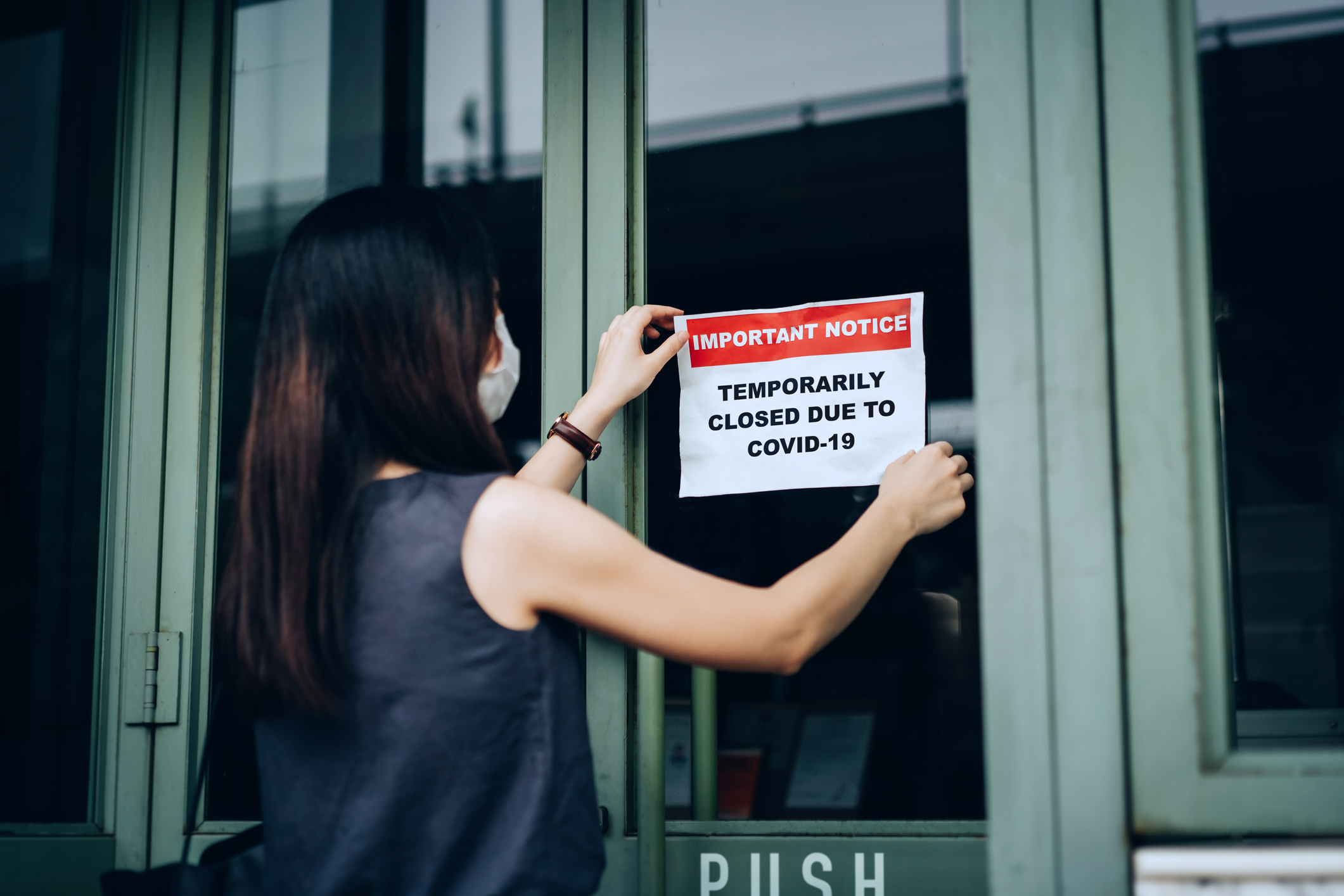Apple Annie, LLC v. Oregon Mutual Insurance Company

(December 2022) - In Apple Annie, LLC v. Oregon Mut. Ins. Co., 82 Cal. App.5th 919 (September 2, 2022), the California First District Court of Appeal affirmed the trial court’s order granting Oregon Mutual Insurance Company’s (“Oregon Mutual”) motion for judgment on the pleadings with respect to a declaratory relief action filed by Apple Annie, LLC (“Apple Annie”) seeking coverage under a property policy for business income loss due to government shut-down orders related to COVID-19. The Court of Appeal affirmed the trial court’s reasoning that Apple Annie’s loss was not caused by “direct physical damage to or direct physical loss of” the insured’s property. The Court of Appeal held as follows:
In our case, Apple Annie contends that “because the phrase ‘physical loss of or damage to’ is phrased disjunctively, ‘loss of’ and ‘damage to’ must each be given a separate meaning.” Apple Annie reasons: “Because of this disjunctive framing, each concept must be accorded a separate, distinct meaning. An interpretation of ‘loss of’ that assigns it the same meaning as ‘damage to’ would do violence to the language of the policy by rendering the former term surplusage.” Apple Annie also insists that such an interpretation would also contradict what is known as the “plain meaning rule,” namely, an insurance policy and its terms are to be given their “plain meaning or the meaning a layperson would ordinarily attach to it.” (Waller, supra, 11 Cal.4th 1, 18.)
. . .
The plain meaning of this language is convincingly established in Inns-by-the-Sea. To urge a differentiation is, in one sense, pointless, because the terms are often used in overlapping and redundant ways. (See Inns-by-The-Sea, supra, 71 Cal.App.5th 688, 700 [“‘Damage’ is defined as ‘loss or harm resulting from injury to ... property . . . . ‘“]; cf. MRI Healthcare Center of Glendale, Inc. v. State Farm General Ins. Co. (2010) 187 Cal.App.4th 766, 780 [115 Cal. Rptr. 3d 277 (MRI Healthcare) [“For there to be a ‘loss’ within the meaning of the policy, some external force must have acted upon the insured property to cause a physical change in the condition of the property, i.e., it must have been ‘damaged’ within the common understanding of that term” (italics omitted)]; Windham at Carmel Mountain Ranch Assn. v. Superior Court (2003) 109 Cal.App.4th 1162, 1175 {135 Cal. Rptr. 2d 8347 [“In its common usage, ‘damage’ includes harm, loss, injury, detriment, or diminution in value”]; Jarrett v. Allstate Ins. Co. (1962) 209 Cal.App.2d 804, 811 (26 Cal. Rptr. 231l [“The word ‘loss’ is one of common use in insurance parlance. Webster defines ‘loss’ in connection with insurance as ‘injury, destruction, or damage ... “‘].)
Moreover, even if there were any distinction between loss and damage it would become relevant only after detriment has been caused by a “direct physical” cause, which is not alleged here. (Cf. Ward General Ins. Services Inc. v. Employers Fire Ins. Co. (2003) 114 Cal.App.4th 548, 554 (7 Cal. Rptr. 3d 8441 [‘“direct physical”‘ modifies both “‘loss of” and ‘“damage to”‘]; Inns-by-The-Sea, supra. 71 Cal.App.5th at p. 699 [“‘the words “direct physical” . . . modify both “loss of” and “damage to.”‘ ... Inns must establish that either ‘direct physical . . . damage to’ property at the premises or ‘direct physical loss of property at the premises caused its suspension of operations”], quoting Ward, citation omitted.)
. . .
In sum, and in light of the foregoing we cannot agree with Apple. Annie’s primary contention that the policy language – ”direct physical loss or damage to,” including its disjunctive phrasing – is ambiguous and “subject to a reasonable construction that supports coverage.” Doing so, we reject what may be the two most consequential aspects of Apple Annie’s position: (1) that “no physical alteration is necessary to show that the policyholder has suffered a ‘physical loss of’ insured property if the governmental authorities issue orders that prohibit the policyholder from using the insured property for its intended purpose,” and (2) that “‘physical loss of’ includes the loss of use of the insured property, even if that loss is temporary.” (See Santo’s Italian Cafe LLC v. Acuity Ins. Co., supra, 15 F.4th 398, 402 [“A loss of use simply is not the same as a physical loss”].) Although the COVID virus has a physical presence, and thus Apple Annie may have suffered economic loss from the physical presence of the COVID virus, it has not suffered “direct physical loss of or damage to [its] property.” (See Inns-by-the-Sea, supra, 71 Cal.App.5th 688, 704.)

